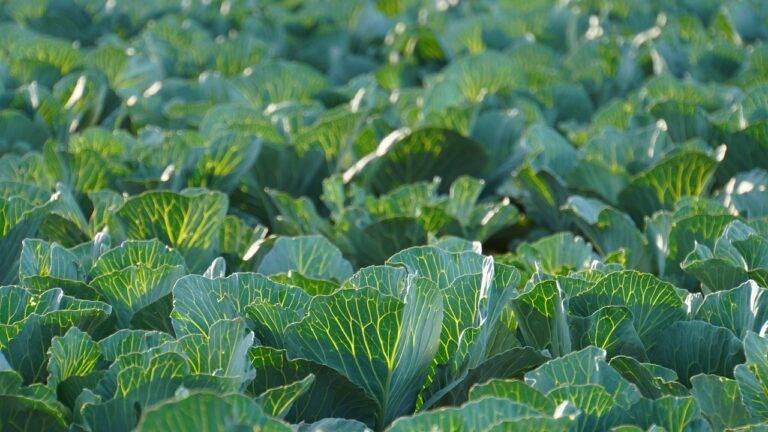The Rise of Food Allergies: Exploring Causes and Prevention
Allergenic foods are substances that have the potential to trigger allergic reactions in individuals who are sensitive to them. These reactions can range from mild symptoms such as hives and itching to severe and life-threatening conditions like anaphylaxis. Common allergenic foods include nuts, soy, dairy, eggs, shellfish, and gluten-containing grains. For those with food allergies, avoidance of these triggering substances is vital to preventing adverse reactions.
Food allergies have become a growing concern in recent years, with an increasing number of people experiencing adverse reactions to various food items. The rise in food allergies has prompted greater awareness and research into the prevalence, causes, and management of these conditions. It is essential for individuals to be educated about allergenic foods and how to identify them in order to effectively manage and prevent allergic reactions.
The Role of Breastfeeding in Preventing Food Allergies
Breastfeeding has long been recognized as a key factor in infant health, with numerous benefits extending well beyond infancy. When it comes to food allergies, breastfeeding plays a crucial role in preventing their development. The antibodies and other immune factors present in breast milk help to protect babies from allergens and support the maturation of their immune systems.
It is recommended that exclusive breastfeeding for the first six months of life can significantly reduce the risk of developing food allergies later on. Breast milk contains a variety of nutrients and bioactive compounds that are essential for optimal development and protection against allergies. Additionally, the act of breastfeeding itself can help to establish a healthy gut microbiome, which is increasingly linked to the prevention of allergic diseases.
How does breastfeeding help in preventing food allergies?
Breastfeeding helps in preventing food allergies by providing essential nutrients and antibodies to the baby, which helps in developing a strong immune system and reducing the risk of developing allergies.
Is there a specific time frame for breastfeeding to have a preventive effect on food allergies?
Studies have shown that exclusive breastfeeding for the first 4-6 months of life can have a significant impact on reducing the risk of food allergies in babies.
Should mothers avoid allergenic foods while breastfeeding to prevent allergies in their babies?
There is no strong evidence to suggest that mothers need to avoid allergenic foods while breastfeeding. In fact, some studies have shown that introducing allergenic foods early on during breastfeeding can actually help in preventing allergies.
Can breastfeeding alone guarantee prevention of food allergies in babies?
While breastfeeding plays a significant role in preventing food allergies, it may not guarantee complete prevention. Genetics, environment, and other factors also play a role in the development of allergies in babies.
What other steps can parents take to prevent food allergies in their children?
In addition to breastfeeding, parents can introduce solid foods to their babies at the right time, avoid early introduction of allergenic foods, and consult with a pediatrician if there is a family history of allergies.





